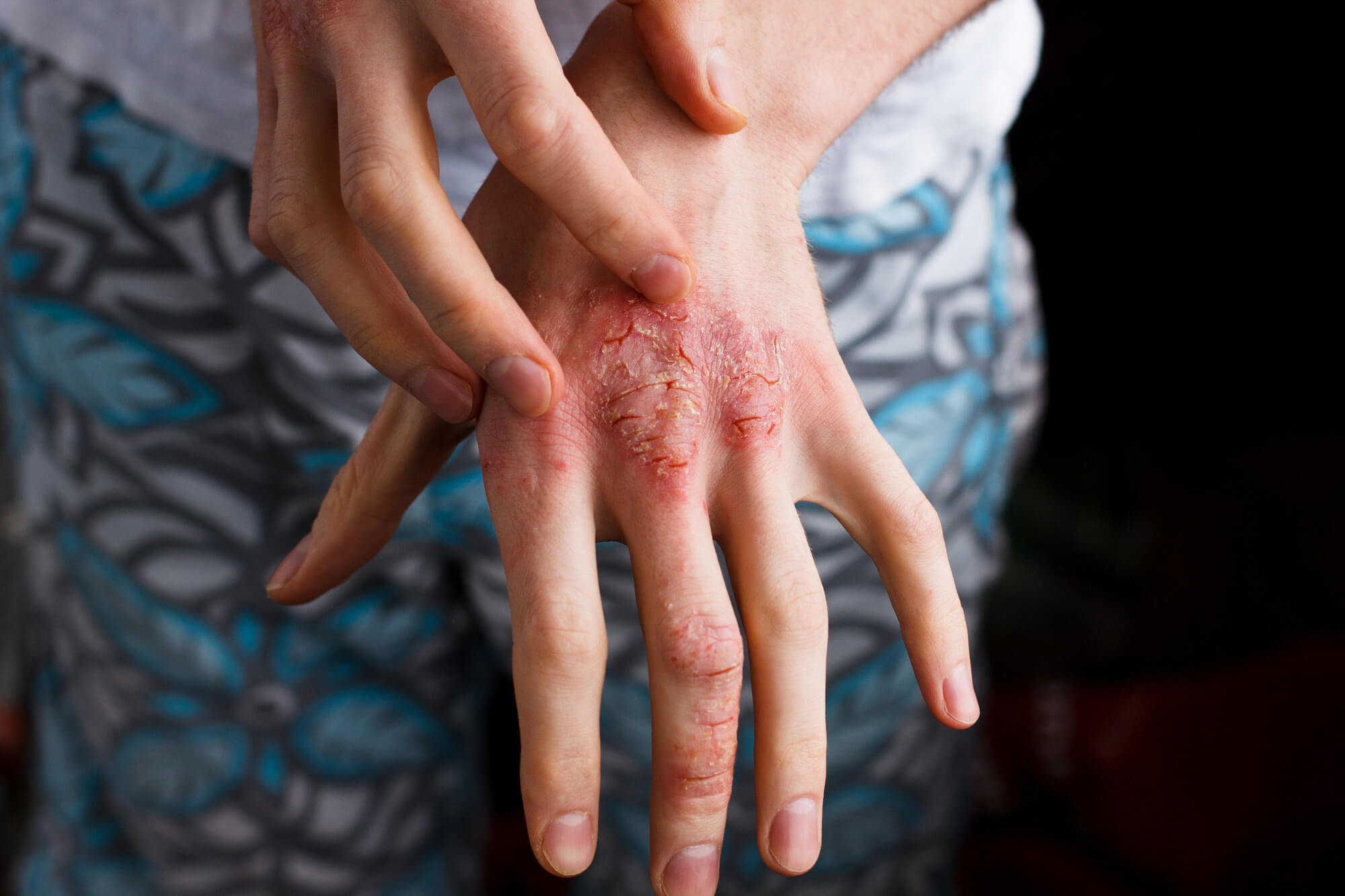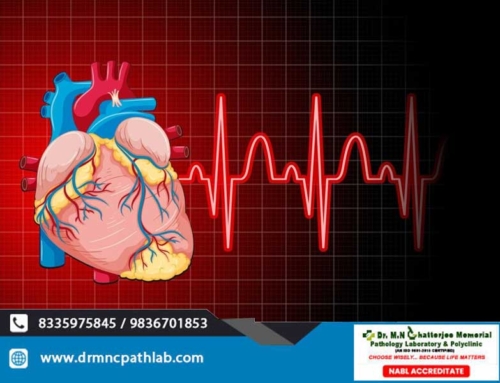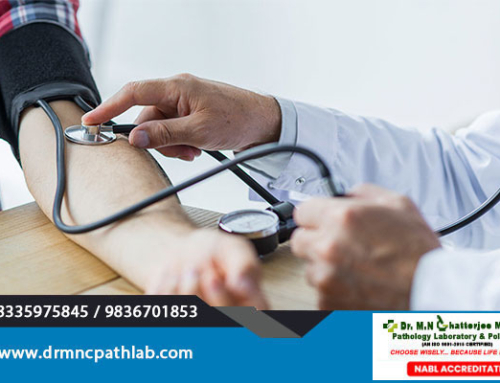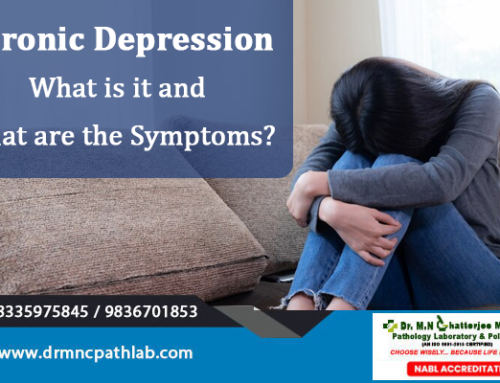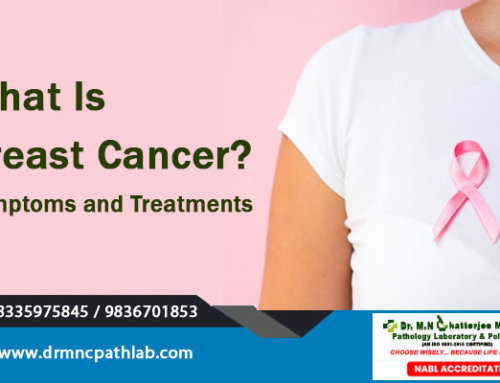The skin cells multiply up to 10 times faster than normal in psoriasis, which is a skin disorder. Some bumpy patches build up in the skin in this condition and they are covered with white patches. On the scalp, elbows, knees and lower back, they are mostly seen, though they can grow anywhere. From person to person, psoriasis cannot pass on. It is sometimes seen that psoriasis happens in members of the same family. In early adulthood, psoriasis usually occurs, which normally is seen in just a few areas, but it covers a large area in severe cases. Throughout a person’s life, psoriasis comes and goes. If it happens, you can go to a doctor clinic in Hooghly for consultation with a dermatologist.
Symptoms
The type of psoriasis decides the symptoms in a particular case. However, there are some common symptoms of plaque psoriasis, a form of psoriasis. They are:
- Silver-coloured scales appear on plaques of red skin. There may be itching and pain in the plaques, which may sometimes crack and bleed. There can be growth and merging of the plaques in severe cases, covering large areas.
- There is discolouration and pitting of the nails along with disorders of the fingernails and toenails. There may be crumbling of the nails and they can detach from the nail bed.
- There is the presence of plaques of scales or crust on the scalp.
There can be a type of arthritis called psoriasis arthritis in people with psoriasis. In the joints, there can be pain and swelling.
Types
Psoriasis has also other types, such as:
- Pustular Psoriasis. Tiny pustules are seen on the palms of the hands and sole of the feet and the skin in that area becomes red and scaly.
- Guttate Psoriasis. This causes small, red spots, mainly on the torso and limbs. This often starts in childhood or young adulthood. Respiratory infections, strep throat, tonsillitis, stress, skin injury, antimalaria and beta-blocker medications may cause this.
- Inverse Psoriasis. In the skin folds such as the armpits, groin and under the breasts, bright red, shiny lesions appear in this condition.
- Erythrodermic Psoriasis. There is fiery redness of the skin and the scales shed in sheets during this condition. Severe sunburn, infections, certain medications, and stoppage of some kind of psoriasis treatment can cause this. It can lead to severe illness if not treated immediately by the best doctor.
Treatment
Systemic treatment may be followed in psoriasis. This means it can affect your entire body, or topical, which goes on your skin. You may be able to control the disease with topical corticosteroids and emollients if it is mild. For more severe cases, light therapy paired with methotrexate, cyclosporine, acitretin, or apremilast is an option. A combination of phototherapy with one of several biologic drugs can also be used.

